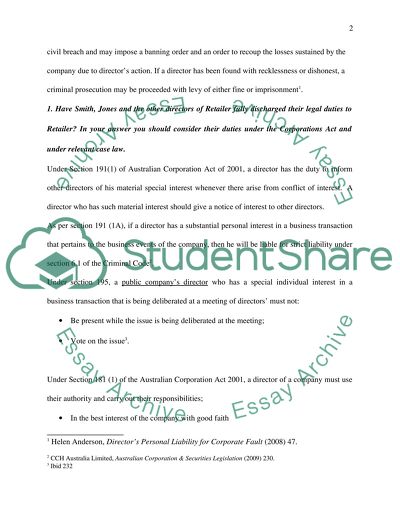Cite this document
(“Corporations/company law (in relation to corporate governance, Essay”, n.d.)
Corporations/company law (in relation to corporate governance, Essay. Retrieved from https://studentshare.org/miscellaneous/1564695-corporationscompany-law-in-relation-to-corporate-governance-directors-duties-and-shareholder-remedies
Corporations/company law (in relation to corporate governance, Essay. Retrieved from https://studentshare.org/miscellaneous/1564695-corporationscompany-law-in-relation-to-corporate-governance-directors-duties-and-shareholder-remedies
(Corporations/Company Law (in Relation to Corporate Governance, Essay)
Corporations/Company Law (in Relation to Corporate Governance, Essay. https://studentshare.org/miscellaneous/1564695-corporationscompany-law-in-relation-to-corporate-governance-directors-duties-and-shareholder-remedies.
Corporations/Company Law (in Relation to Corporate Governance, Essay. https://studentshare.org/miscellaneous/1564695-corporationscompany-law-in-relation-to-corporate-governance-directors-duties-and-shareholder-remedies.
“Corporations/Company Law (in Relation to Corporate Governance, Essay”, n.d. https://studentshare.org/miscellaneous/1564695-corporationscompany-law-in-relation-to-corporate-governance-directors-duties-and-shareholder-remedies.


